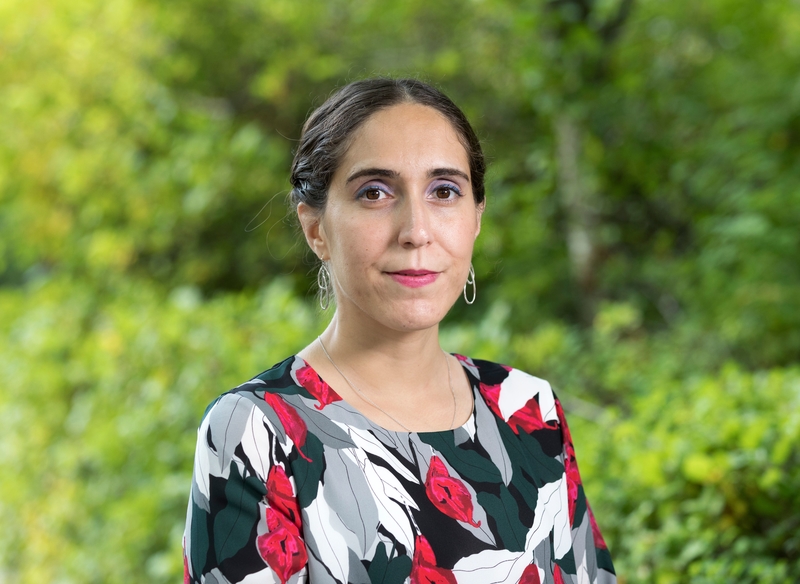Objectives
Abstract: Understanding how new enzyme functions evolve, either on existing scaffolds, or completely de novo on previously non-catalytic scaffolds, is of great interest both from a fundamental biochemistry perspective, and from a biotechnological perspective. Several hypotheses have been put forward to rationalize enzyme evolution, one of which is that their conformational dynamics plays an important role in facilitating the emergence of new enzyme functions1-3. My team and I have invested substantial research effort into understanding enzyme multifunctionality in catalytically promiscuous enzymes4-8, as well as the structure-function-dynamics relationships shaping the evolution of new enzyme functions, in both natural and engineered active sites9-13. In this talk, I will discuss recent progress in this area, and illustrate how we have engineered conformational dynamics to generate a a de novo active site capable of catalysing a non-natural reaction,10 and then subsequently enhanced this activity using a simple computational approach, reaching catalytic efficiency comparable to that of naturally occurring enzymes.
 Short Bio: Lynn received her Master of Natural Sciences from the University of Birmingham (UK), in 2002, where she remained to complete a PhD in Theoretical Organic Chemistry under the supervision of Dr. John Wilkie (awarded 2005). Subsequently, she was a postdoctoral researcher in the labs of Stefan Boresch at the University of Vienna (2005-2007) and Arieh Warshel at the University of Southern California (2007-2009, Research Associate at the University of Southern California in 2010), as well as a Researcher with Fahmi Himo at Stockholm University (2010). She joined the faculty of Uppsala University in 2011, where she is currently a Full Professor of Biochemistry, a Fellow of the Royal Society of Chemistry, and a Wallenberg Academy Fellow. She was also the recipient of an ERC Starting Independent Researcher Grant (2012-2017) and the Chair of the Young Academy of Europe (YAE) in 2014-2015.
Short Bio: Lynn received her Master of Natural Sciences from the University of Birmingham (UK), in 2002, where she remained to complete a PhD in Theoretical Organic Chemistry under the supervision of Dr. John Wilkie (awarded 2005). Subsequently, she was a postdoctoral researcher in the labs of Stefan Boresch at the University of Vienna (2005-2007) and Arieh Warshel at the University of Southern California (2007-2009, Research Associate at the University of Southern California in 2010), as well as a Researcher with Fahmi Himo at Stockholm University (2010). She joined the faculty of Uppsala University in 2011, where she is currently a Full Professor of Biochemistry, a Fellow of the Royal Society of Chemistry, and a Wallenberg Academy Fellow. She was also the recipient of an ERC Starting Independent Researcher Grant (2012-2017) and the Chair of the Young Academy of Europe (YAE) in 2014-2015.
Speakers
Lynn Kamerlin, Department of Chemistry - BMC, Uppsala University
